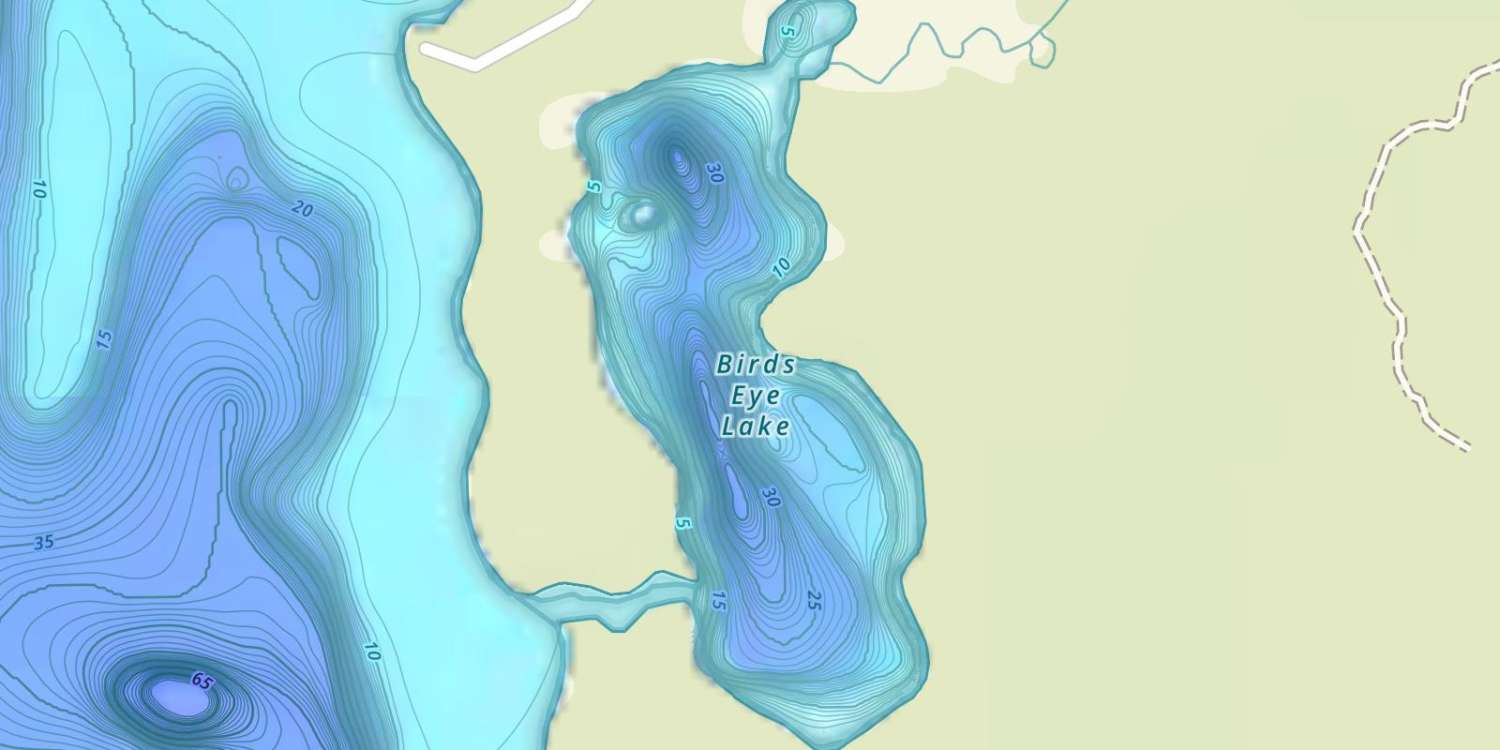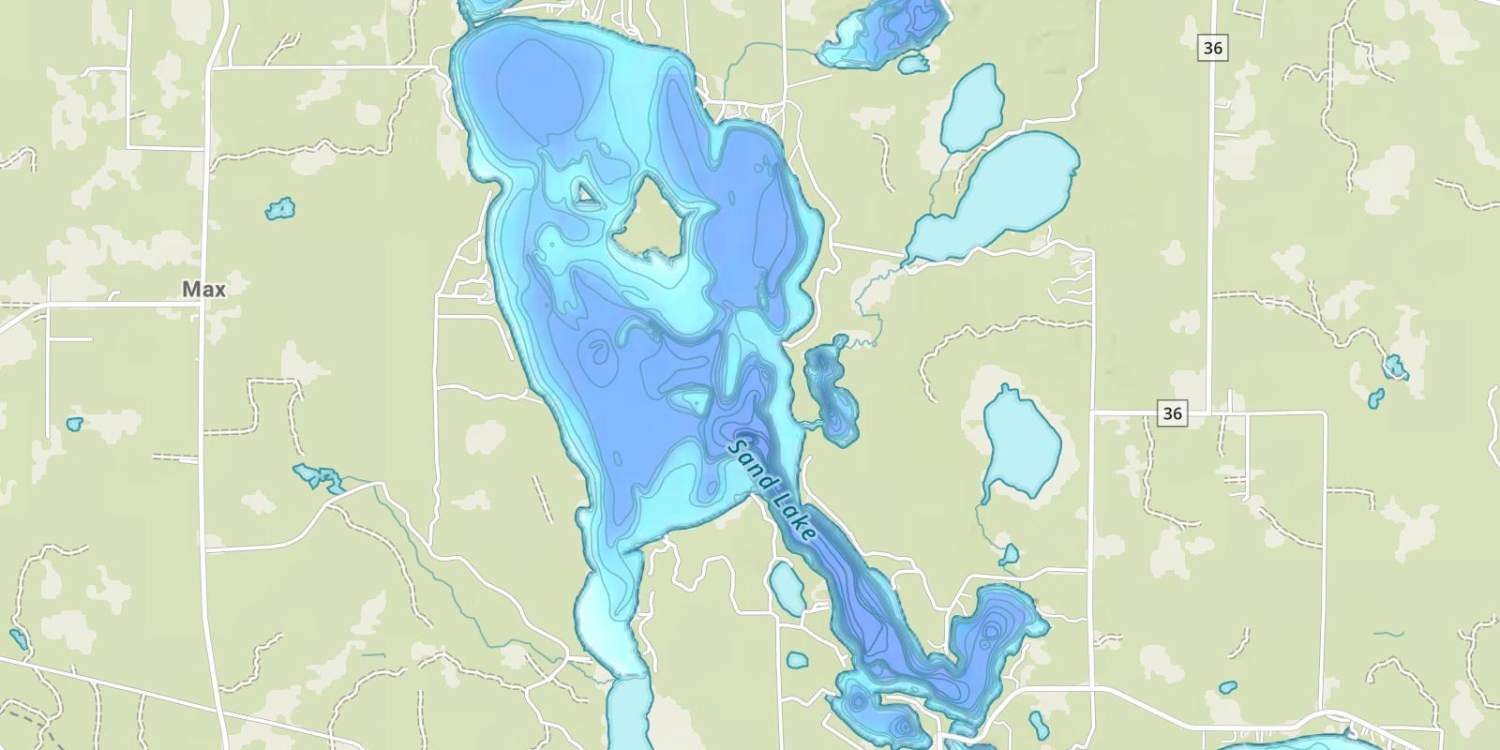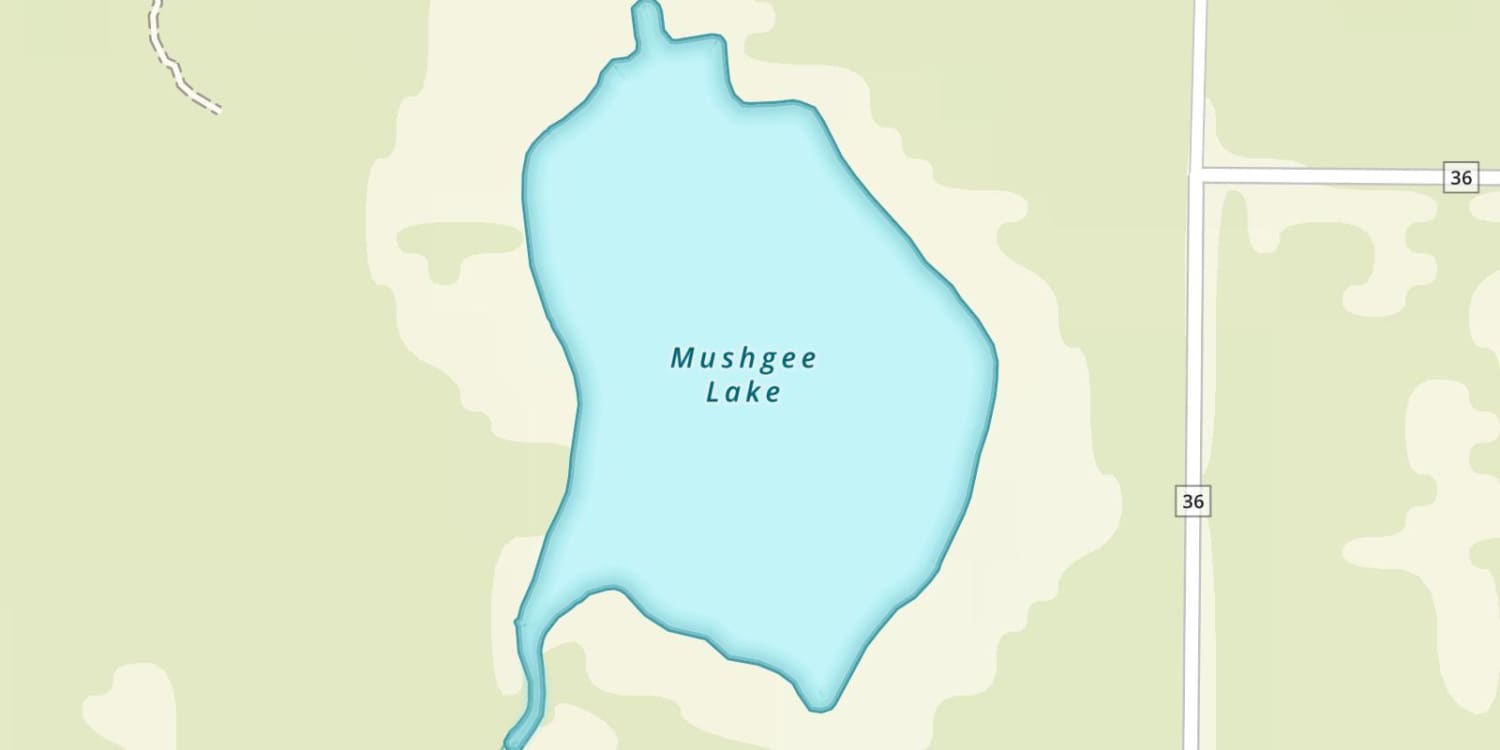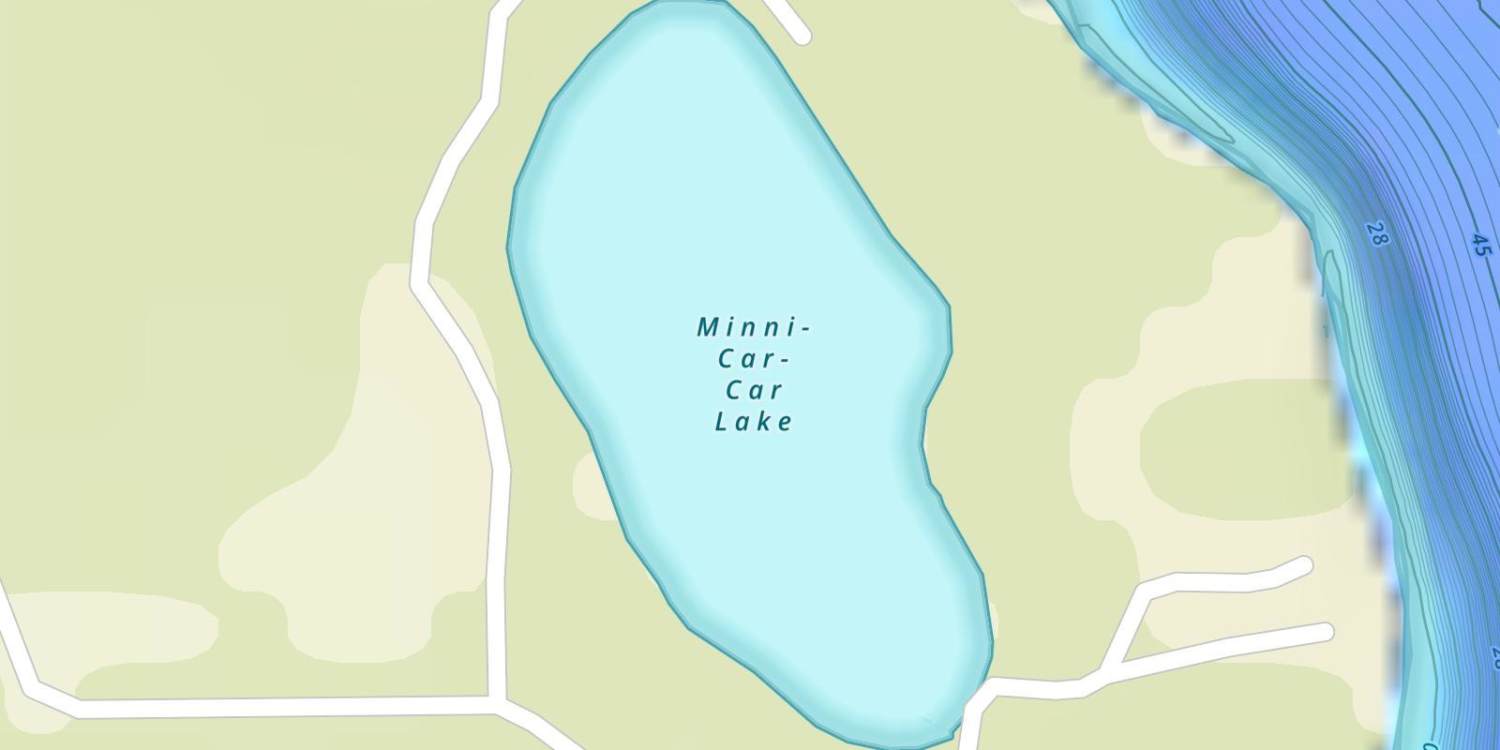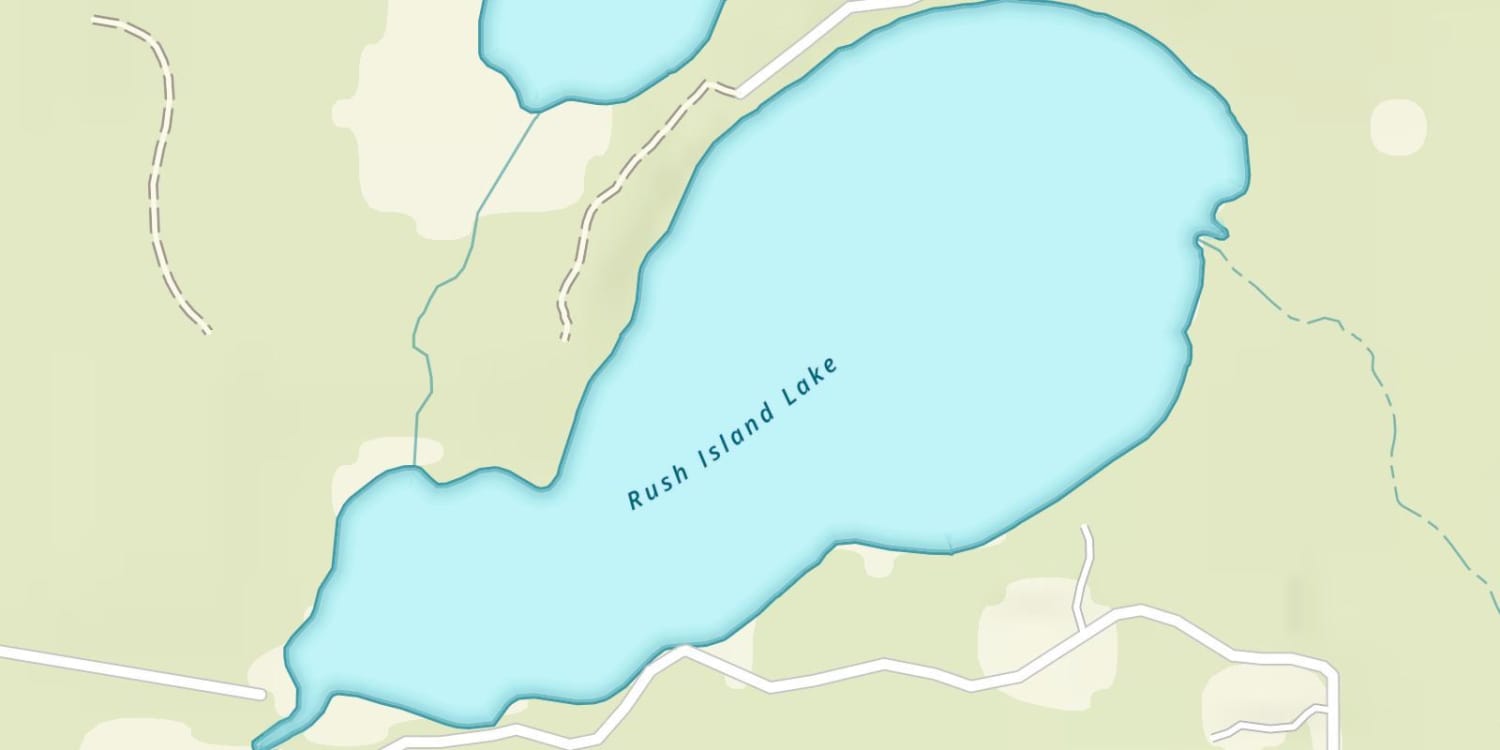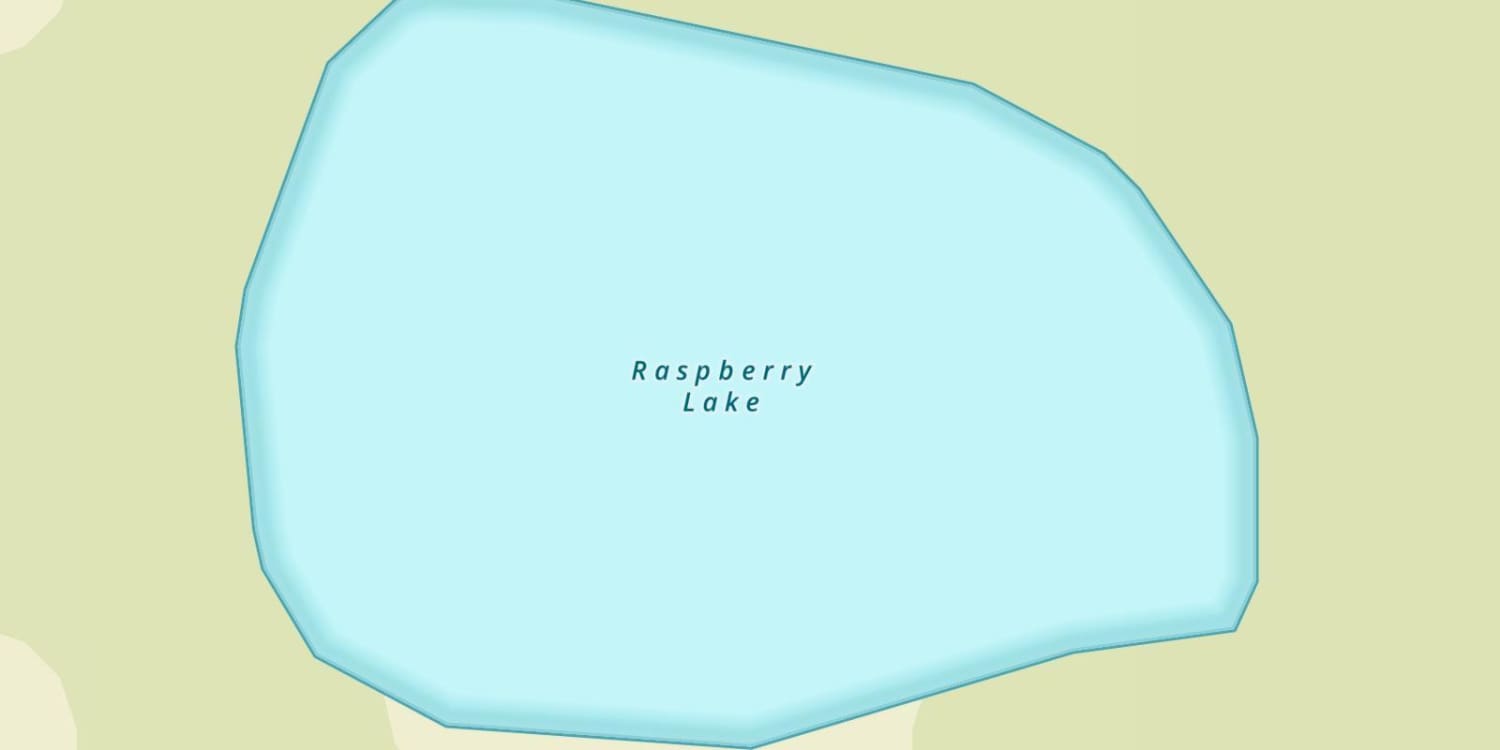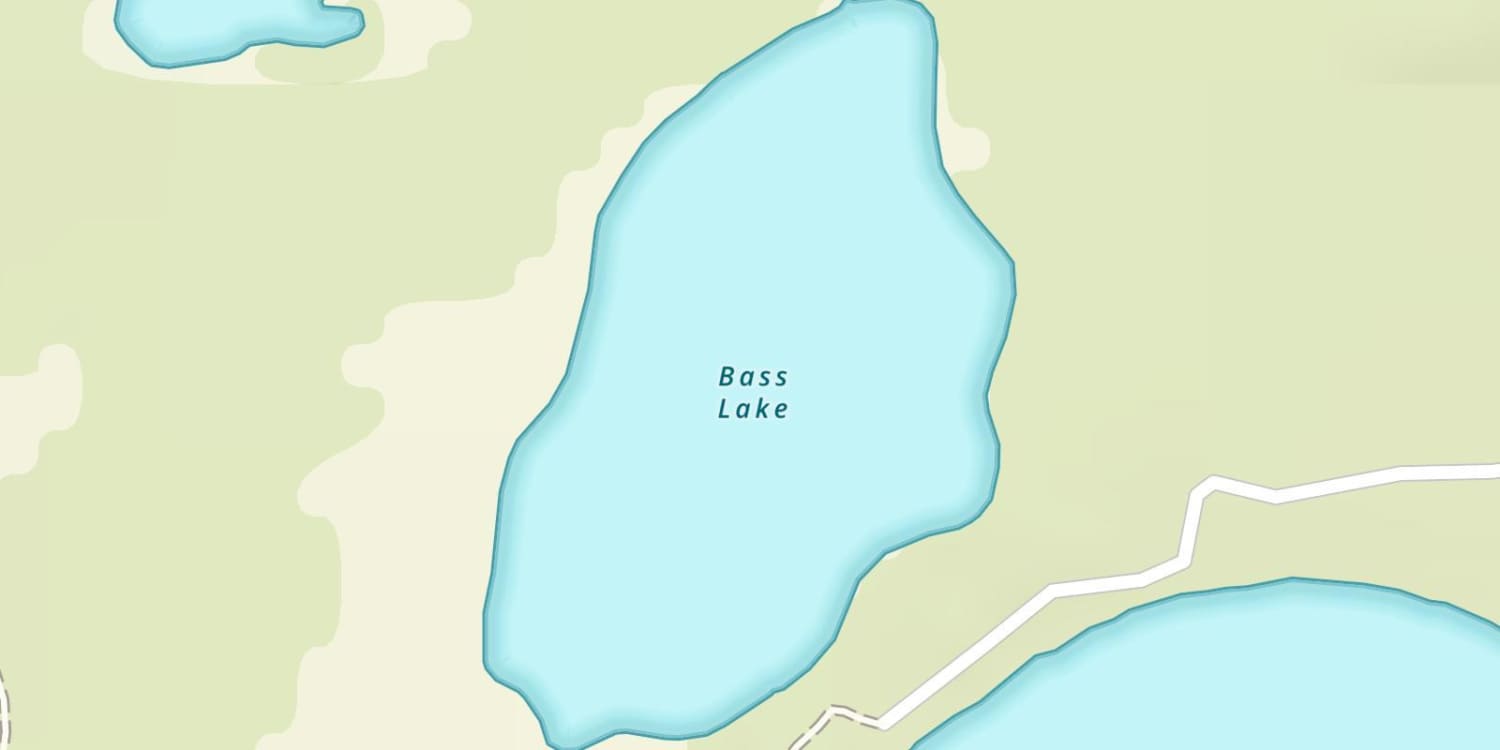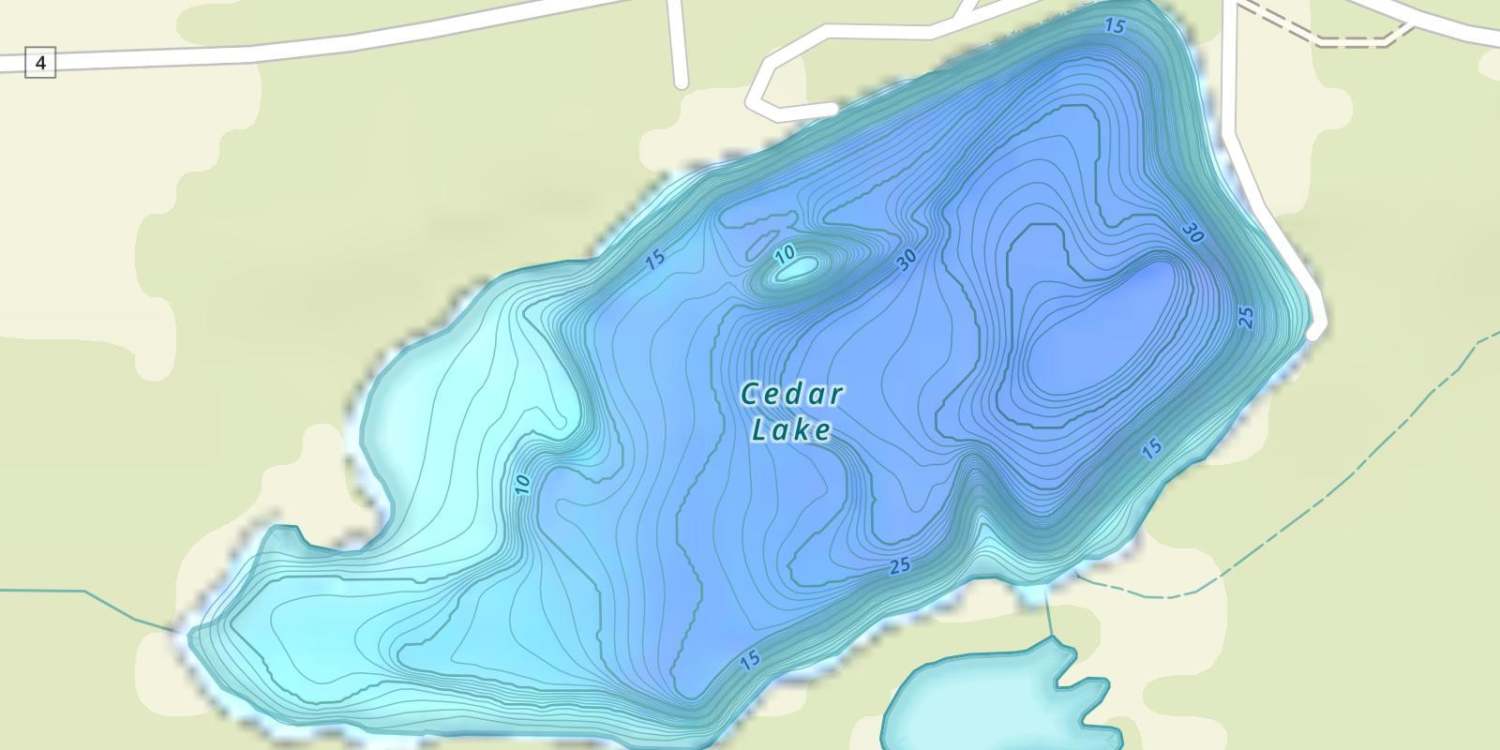







Birds Eye Lake Overview
Often overshadowed by nearby Lake Winnibigoshish, these lakes provide great walleye action. Crappie, northern pike and perch also present. Weedlines concentrate Sand Lake walleye, while midlake structure holds many fish on Bowstring.
Fishing Regulations
Special Fishing regulations: This lake has special fishing regulations that differ from statewide or border water regulations for those species identified below and take precedence. Regulations listed below are currently in place. Visit the fishing regulations page for links to upcoming regulations for specific lakes.
Location: Including connecting Sand, Little Sand Lake, Portage Lake, and Bowstring River upstream to County Road 35 bridge and downstream to mouth of Rice Lake.
- Walleye: All from 17-26” must be immediately released. One over 26” allowed in possession.
Location: upstream to CSAH 35 bridge, including Sand, Birdseye, Little Sand, Rice, and the Bowstring River downstream to the County Road 145 bridge
- Sunfish: Daily limit five.
Features
Forage
Seasonal Movements
Weather
Moon Phase


Welcome to onX Fish
Start using onX Fish in Minnesota & Wisconsin today.
Fish Species

Abundance ratings are based on Catch Per Unit Effort (CPUE) measurements conducted by the MN DNR, and represent a snapshot of a species population at a given point in time.
Source: Minnesota Department of Natural Resources. Survey cadence may vary by state and water body.
Abundance ratings are based on Catch Per Unit Effort (CPUE) measurements conducted by the MN DNR, and represent a snapshot of a species population at a given point in time.
Source: Minnesota Department of Natural Resources. Survey cadence may vary by state and water body.
Abundance ratings are based on Catch Per Unit Effort (CPUE) measurements conducted by the MN DNR, and represent a snapshot of a species population at a given point in time.
Source: Minnesota Department of Natural Resources. Survey cadence may vary by state and water body.
Abundance ratings are based on Catch Per Unit Effort (CPUE) measurements conducted by the MN DNR, and represent a snapshot of a species population at a given point in time.
Source: Minnesota Department of Natural Resources. Survey cadence may vary by state and water body.
Abundance ratings are based on Catch Per Unit Effort (CPUE) measurements conducted by the MN DNR, and represent a snapshot of a species population at a given point in time.
Source: Minnesota Department of Natural Resources. Survey cadence may vary by state and water body.
Abundance ratings are based on Catch Per Unit Effort (CPUE) measurements conducted by the MN DNR, and represent a snapshot of a species population at a given point in time.
Source: Minnesota Department of Natural Resources. Survey cadence may vary by state and water body.
Abundance ratings are based on Catch Per Unit Effort (CPUE) measurements conducted by the MN DNR, and represent a snapshot of a species population at a given point in time.
Source: Minnesota Department of Natural Resources. Survey cadence may vary by state and water body.
Abundance ratings are based on Catch Per Unit Effort (CPUE) measurements conducted by the MN DNR, and represent a snapshot of a species population at a given point in time.
Source: Minnesota Department of Natural Resources. Survey cadence may vary by state and water body.